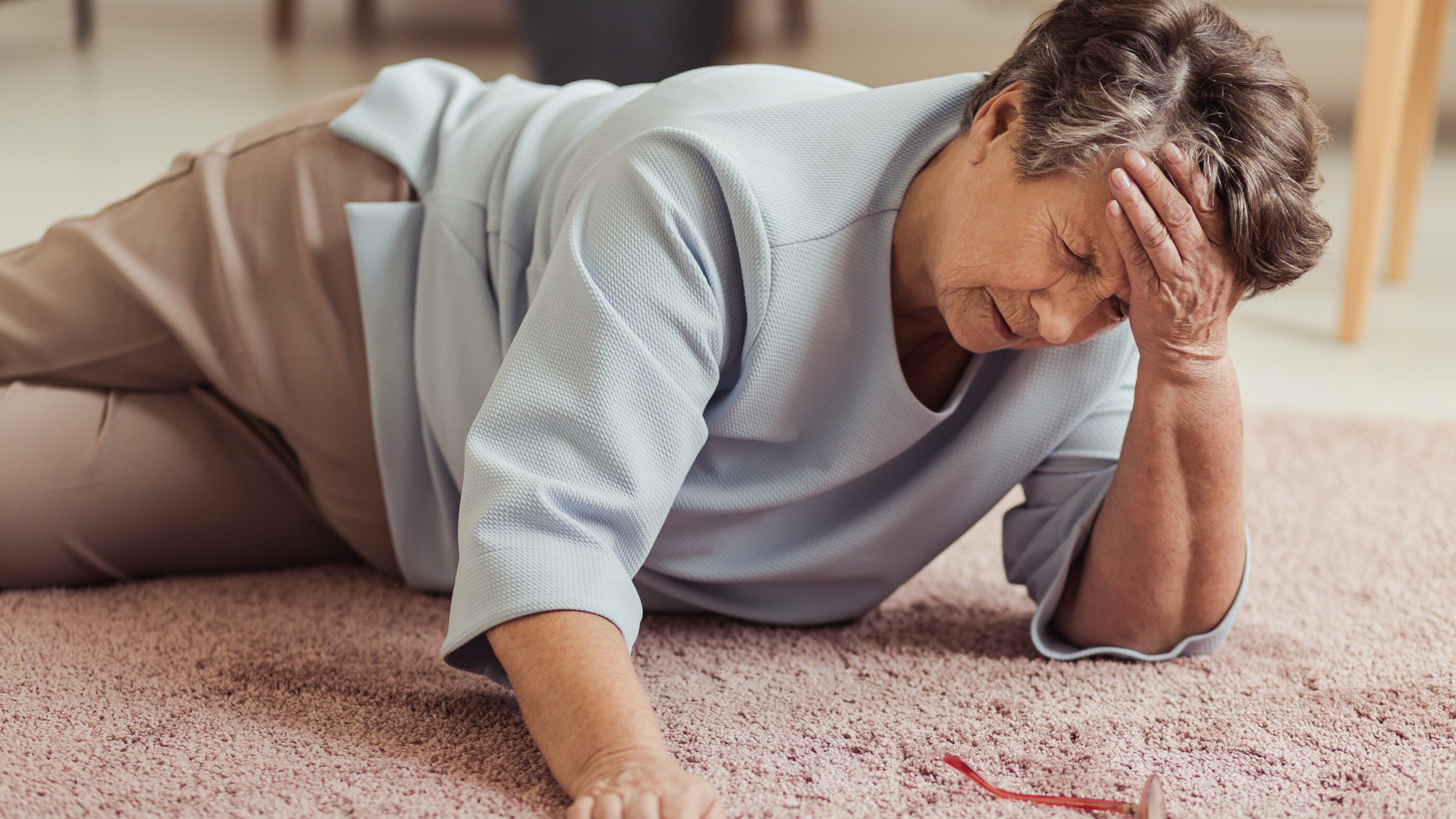Falls are a serious problem for seniors. One of the main contributing factors to falls is medication. Some common prescription medications can increase the risk of dizziness, imbalance, or low blood pressure, which increases the likelihood of falls. Today, we’ll break down the medications most commonly associated with falls and offer practical tips for reducing your risk.
Medicines to lower blood pressure
Blood pressure medications such as diuretics, beta-blockers and ACE inhibitors help control hypertension. However, they can sometimes cause dizziness or a sudden drop in blood pressure, especially when you get up too quickly. This can make seniors feel dizzy and lead to falls.
How to handle it: When getting up or changing position, make sure to make slow, gradual movements. Hydration and avoiding big drops in blood pressure are also key. Check blood pressure medications regularly with your doctor to ensure proper dosage, as needs may change over time.
Sedatives and sleeping pills
Medicines such as benzodiazepines or sleeping pills are often prescribed to manage anxiety or insomnia. However, they can cause drowsiness, impair balance and slow reactions, especially if taken at night. These effects increase the risk of falling.
How to handle it: Avoid sedatives or sleeping pills unless absolutely necessary. Explore non-drug strategies such as a regular sleep schedule or stress-reduction techniques. Always check with your healthcare provider before adjusting any medications.
Antidepressants
Although antidepressants are essential for managing mental health conditions, some types, particularly tricyclics and SSRIs, can lead to drowsiness and affect coordination. These side effects can make seniors more prone to tripping or losing their balance.
How to handle it: If antidepressants are causing balance problems, talk to the doctor who prescribed them about switching to another medication. In some cases, a different group of medications or a lower dose may provide the same benefits with fewer side effects. Also encourage physical activity to improve strength and stability.
Painkillers and opioids
Opioids are often prescribed to manage chronic pain, but are also associated with an increased risk of falls due to dizziness, confusion and drowsiness. This is especially dangerous for seniors who may already have mobility issues.
How to handle it: Use opioids with caution. Non-opioid methods of pain relief, such as physical therapy or over-the-counter pain relievers, may be a safer choice. Always take opioids as prescribed and monitor for any changes in balance or alertness.
Muscle relaxants
Muscle relaxants help relieve muscle spasms and stiffness, but they can also make seniors feel drowsy and unsteady. These side effects are especially risky when combined with other medications.
How to manage them: Use muscle relaxants for short periods of time and only as needed. Periodically review the need for the medication with your healthcare provider and watch for side effects that could increase your risk of falling.
Provide safe and effective care with Atena
Understanding the side effects of medications is essential to preventing falls in seniors. Regular check-ins with a health care provider, progressive movement, and exploration of non-drug treatments can help manage risks.
At Atena , we ensure that caregivers are well-trained in fall prevention strategies. Whether it’s helping with medication scheduling or creating a safe home environment, we’re here to help. Let us give you the support you need. Contact Atena today and experience the difference!







